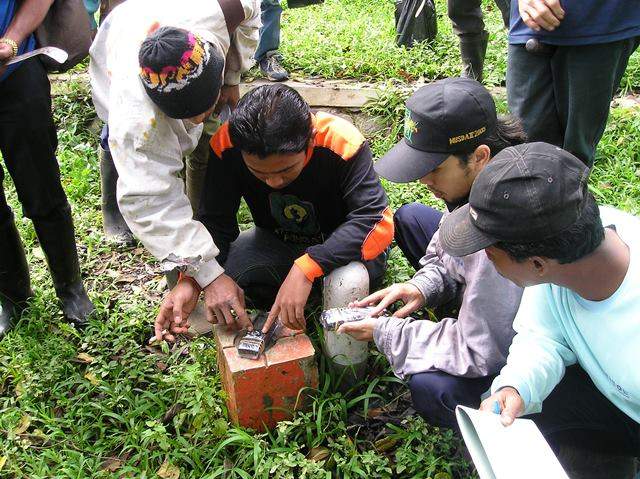Addressing sustainability and justice in rural Indonesia

Participatory mapping in Indonesia (Photo: LifeMosaic)
Last week Indonesia took a major step in a multi-decade struggle to address unsustainable forest and land use practices and the widespread injustices and conflicts they create. On Thursday, the Constitutional Court, responding to a petition from the National Alliance of Customary Communities (AMAN), declared unconstitutional provisions in the 1999 Forestry Law that denied the rights of customary communities (adat) to their land and forests.
The decision also explicitly admonished the Forestry Ministry for misusing the Forestry Law to disenfranchise local communities by issuing management licenses to outside parties who have the financial capital to exploit these areas.
In other words, traditional lands, forest rights and management systems, were kept invisible to the forest regulatory framework so that licenses for logging and paper and pulp timber concessions could be awarded over those areas.
These forests and the communities who manage them are now fully visible and recognized within the legal system. Their potential to now play a leading role in the rural development strategy for economic growth and environmental sustainability can now be realized.
Read this article in full in Jakarta Post
Categories
Latest news
- LifeMosaic’s latest film now available in 8 languages
- การเผชิญหน้ากับการสูญพันธุ์ และการปกป้องวิถีชีวิต (Thai)
- LANÇAMENTO DO FILME BRASIL : Enfrentando a Extinção, Defendendo a Vida
- Enfrentando la Extinción, Defendiendo la Vida (Español)
- Peluncuran video baru dalam Bahasa Indonesia : Menghadapi Kepunahan, Mempertahankan Kehidupan


